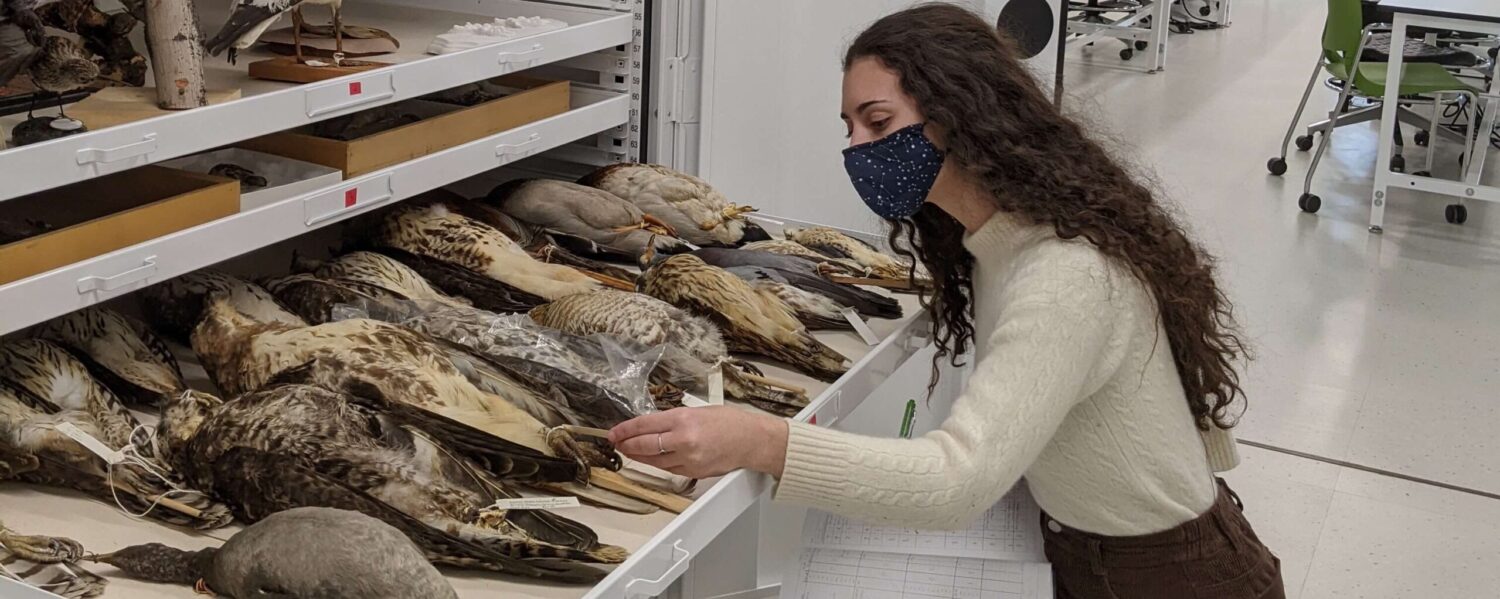The Department of the Interior (DOI) has adopted a new policy it contends will improve transparency and public access to scientific research. The open science order was signed by Deputy Interior Secretary David Bernhardt on September 28, 2018. Similar to the Environmental Protection Agency (EPA) proposed rule Increasing Transparency in Regulatory Science, DOI’s order requires that scientific data used in policy decisions be reproducible and made publicly accessible.
Any decision that is based on scientific conclusions that are not supported by publicly available raw data, analysis, or methodology, have not been peer reviewed, or are not readily reproducible should include an explanation of why such science is the best available information, states the order. Interior officials said that the policy would boost public confidence in the agency’s decision-making and increase accountability.
“This order came about in response to perennial concerns that the department has not been providing sufficient information to the public to explain how and why it reaches certain conclusions, or that it is cherry picking science to support pre-determined outcomes,” said Interior spokesperson Faith Vander Voort. “The goal is for the department to play with its cards face-up, so that the American people can see how the department is analyzing important public policy issues and be confident that it is using the best information available to inform its decisions.”
The order could restrict how DOI agencies use certain research findings and will set new data disclosure requirements for Interior grant recipients.
The new order allows for exceptions and states that the data requirements may be waived, in whole or in part, by the Deputy Secretary upon a written determination that a waiver is necessary and the least restrictive means of protecting privacy, confidentiality, including confidential business information and trade secrets; national security, and homeland security.
The order has been criticized as a move to restrict the use of scientific findings in decision-making at Interior. “The Promoting Open Science order signed on Friday should be named the “Removing Science from DOI” order, as it simply slashes agencies ability to rely on, conduct and analyze science under a pretense of increased transparency,” said Tina Swanson, Director of the Natural Resources Defense Council’s Science Center.
“They want everything publicly accessible, including the raw data, and that just doesn’t happen with peer-reviewed science, because that just doesn’t tell you anything,” said Charise Johnson, a researcher at the Union of Concerned Scientists. “It also makes it look like they don’t trust their own scientists work.”
Unlike the EPA’s proposed secret science rule, which involved a public comment period, DOI’s order became effective immediately.

